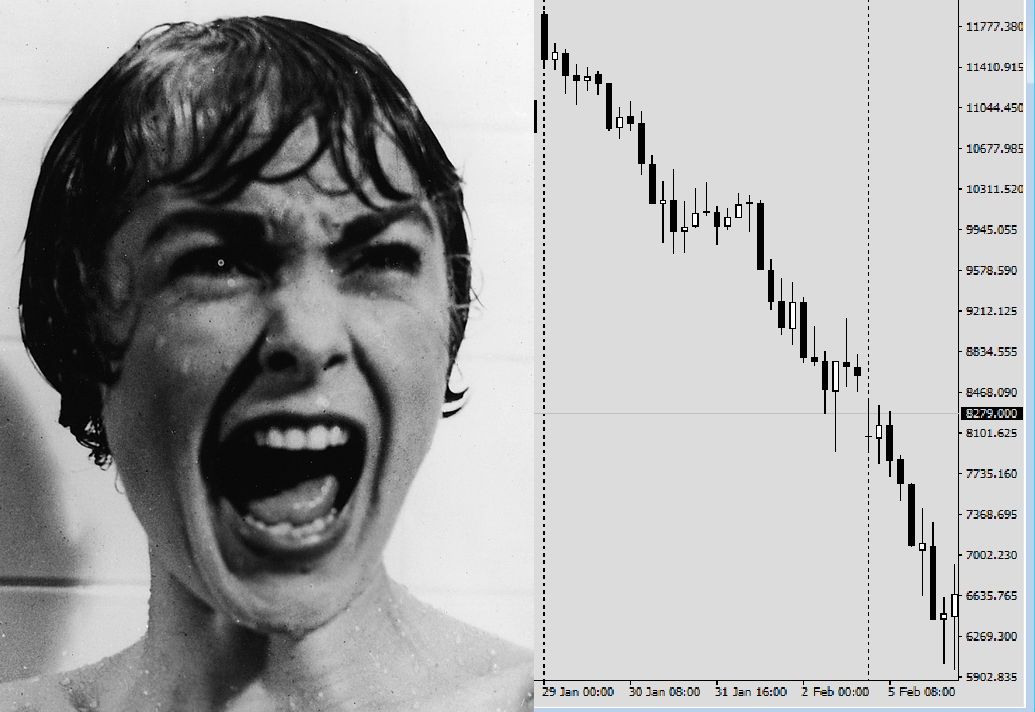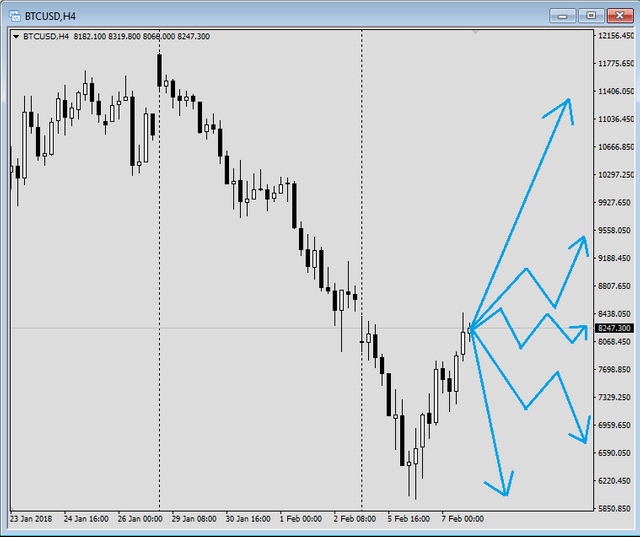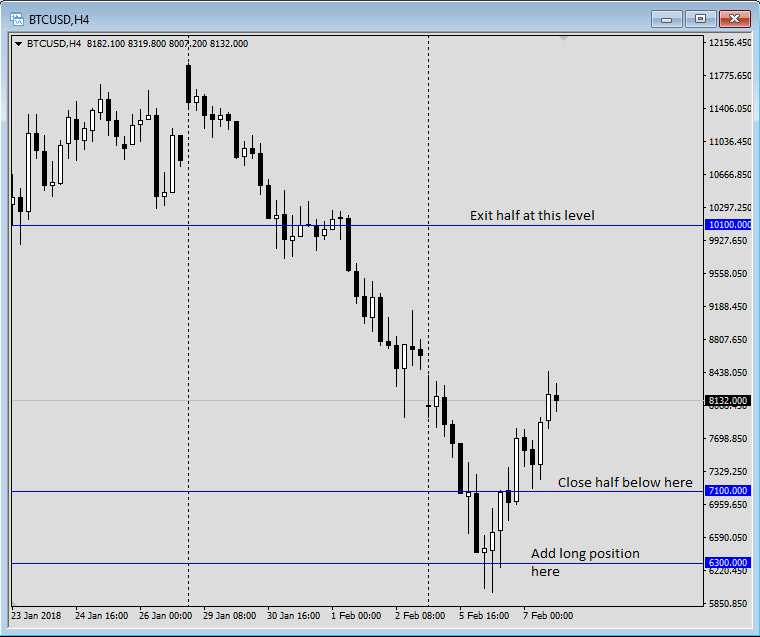During these turbulent days for trading cryptocurrencies it is easy to get lost on an emotional rollercoaster.
The last few weeks fear has been the big issue, a few months back it was greed. How do we deal with this so we can make rational and informed trading decisions?

The traders are the market
OK, what are markets exactly? Well, they are basically just traders making trading decisions, whether they are buying, selling or holding, these decisions create the market. Supply and demand. And underneath these decisions lies the psychology of the trader.
A trader without emotions does not exist. However, the success of the trader is determined by how he deals with these emotions. The two big ones are fear and greed, and how you approach them might determine if you become a profitable or a losing trader.
Fear and loathing in the crypto markets
Fear is a natural response to uncertainty and danger. In trading fear comes into play when our position is in the red or if it has gone from profit to less profit. At this point we fear that the market is going to go more against us, we imagine an endless drop that will wipe out our position. We kick ourself for not exiting earlier, but have a slight hope that the market will turn in our favour.
This is where the emotional trader might exit the market, unable to bear the pain of the situation.
The savvy trader on the other hand will just acknowledge these emotions, but analyze the situation rationally and take an informed decision. He might also exit the market, but it will not be a decision based on fear. How does he manage to do that?
1. Plan the trade and trade the plan
The number one tip is to have a trading plan. Whether it is a complete system or just a few rules and principals this is key.
When you enter a position you must make a plan to what you will do if price goes against you, goes in your favour or goes sideways. Try to project these scenarios visually on the charts, here is an example from the current Bitcoin chart:

Next you should set price levels for when you will do what. To use our example with Bitcoin, for example exit half the position for a loss if price goes below $7,100, add more longs at $6,300, exit half the position at a profit if price reaches $10,100, and so on. These are just eamples and will be different depending on your goals. Some are long term investors and will only be interested to add longs, not tot sell down.

2. Bank in the bank
Another tip is to adapt the mentality to “bank in the bank, not in your head.” Do not mentally spend your profits before you have liquidated your position, before then your profits do not exist in the real world, they are just theoretical, or paper money if you will. Profits will always fluctuate, if you are lucky your position goes up and up untill you take profit, but that is normally not the case.
This goes for losses as well, a loss is not a loss before you close the trade. And you should only close the trade if your rational plan and analysis tell you to do so.
3. Trading is a game
A third tip is to treat trading as a game. Do not think of positions in terms of money, rather think of it in terms of points or pips. A pip is a standardized unit of price change in the market and is often used by traders to determine how much they have gained or lost. Using pips instead of money detaches you from the associations that money has with success or failure, it makes trading more like a game.
4. Money management
The fourth and final tip is to only invest money you can afford to lose. This is an obvious one, but you would be surprised to know how many traders break this rule. Trading should be treated as a business, it is not gambling, and this goes for how much money you put into it as well. This is an important part of proper money management.
Conclusion
Trading is all about risk-taking and taking risk WILL give stressful emotions. But it is your choice to act on them or not. If you want to be a successful trader you need to deal with these emotions, and if you follow the tips I have outlined here the stress of trading will be reduced for sure:)
Follow me and i will upvote you
Downvoting a post can decrease pending rewards and make it less visible. Common reasons:
Submit
Done:)
Downvoting a post can decrease pending rewards and make it less visible. Common reasons:
Submit
Good Post buddy! Much needed advice for newbies! Trading is not as easy as it seems, it's a business of patience & endurance!
Downvoting a post can decrease pending rewards and make it less visible. Common reasons:
Submit
Thanks for your comment!
You are absolutely right, newbie traders really need to focus on the boring side of trading which is the plannig, analysis and waiting part. Patience is key.
Downvoting a post can decrease pending rewards and make it less visible. Common reasons:
Submit
This post has received a 1.84 % upvote from @drotto thanks to: @mariuse.
Downvoting a post can decrease pending rewards and make it less visible. Common reasons:
Submit